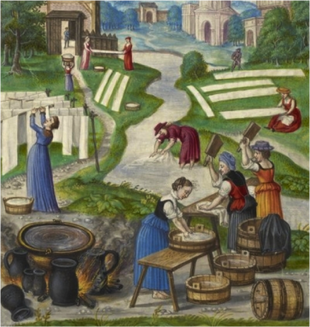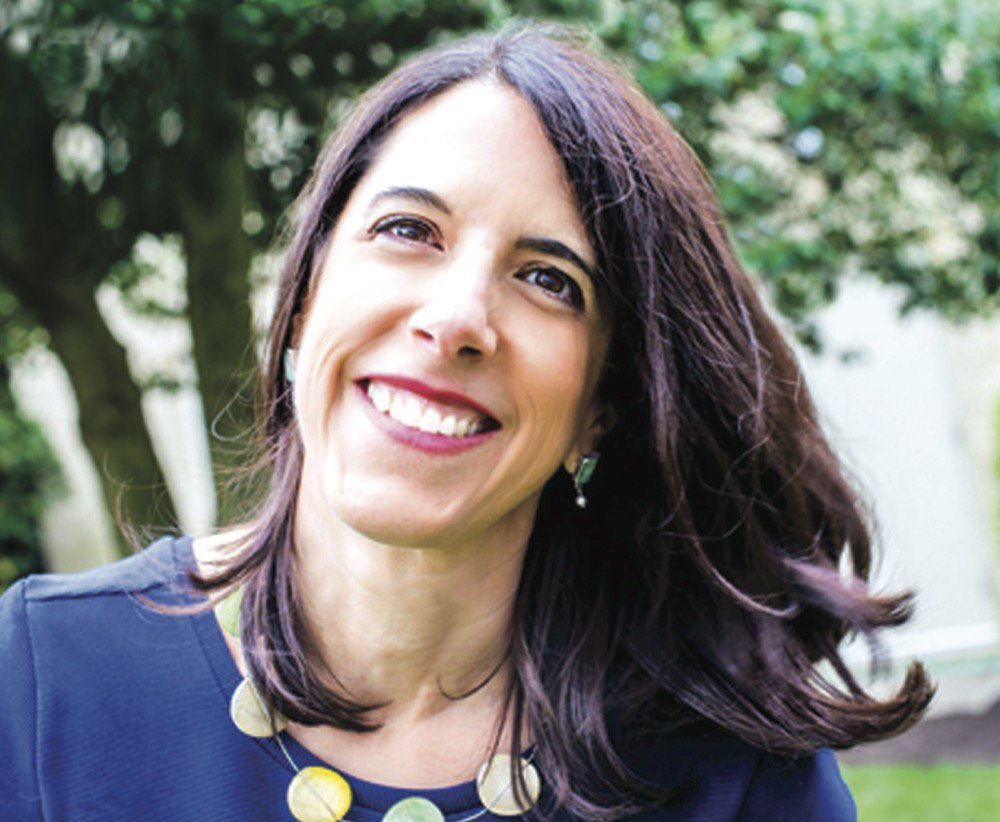|
By: Helen Lammers-Helps, Freelance Writer of www.hlhwriter.com
Article originally posted on www.country-guide.ca 20 years of research proves that sitting down to eat together is good for body, brain and mental health.
0 Comments
...And make sure the rest of the family does too. Just 15 minutes in nature can cut stress levels.
By: Helen Lammers-Helps, Freelance Writer of www.hlhwriter.com Article originally posted on www.country-guide.ca Couponing ~ An Easy Way to Save
by Sandra Venneri, B.Sc., P.H.Ec. Consumers often feel at the mercy of retail price tags. With increasingly unpredictable pricing, household budgeting can be tough. Become a smart shopper - take advantage of coupons! By: Mary Carver, P.H.Ec.
The United Nations (UN) has declared 2014 as the International Year of Family Farming. The proclamation aims to increase awareness of the importance of family farming in addressing world issues such as poverty, food security and protection of the environment. The goal of the declaration is to ‘reposition family farming at the centre of agricultural, environmental and social policies in national agendas.’ The UN hopes that it will spur discussion at local, national and international levels of governments. The decree includes both developing and developed countries, including Canada. The UN defines family farming as ‘all family-based agricultural activities, and it is linked to several areas of rural development. Family farming is a means of organizing agricultural, forestry, fisheries, pastoral and aquaculture production which is managed and operated by a family and predominantly reliant on family labour, including both women’s and men’s.’ Tips For Packing Healthy Lunches:1. Follow Canada’s Food Guide - choose foods from all four food groups every day:
2. Tuck in a healthy treat such as a homemade muffin, oatmeal cookie, or a low-fat granola bar. Try baking mini muffins for mini appetites. Many children like/need a snack at recess. When you bake a batch of muffins, wrap some individually and freeze them for quick lunch additions, or buy ready-made low-fat muffins such as bran or oatmeal and raisin. 3. Provide plenty to drink. Students who are dehydrated lose their ability to think and learn and can often be very distracted. Pack two or three drinks, if possible.  By Maria Depenweiller, P.H.Ec. It was likely that Christopher Columbus was the first European explorer who brought cacao beans to Europe, but it was not until the conquest of the Aztec empire by Cortez that cacao and chocolate gained popularity in Europe. Spaniards at that time had the monopoly on quite a number of goods imported from the New World, including chocolate. By the end of the 16th century drinking chocolate became a fashionable drink among the Spanish aristocracy.
By Mary Carver, P.H.Ec
Teachers and students waited a long time for it, but finally on June 6, 2013, the Ontario Ministry of Education released new and revised Family Studies Curriculum. Revision to the area of study began in 2007. No reason was given for the extended delay, although the Ministry does say that the review process was guided by research and consultations on new approaches specific to the discipline. Once known as Home Economics, Family Studies (FS) courses today are part of the Social Sciences and Humanities Curriculum. Of the 31 new or revised Social Sciences and Humanities courses, 20 of them are in Family Studies which is most encouraging to the Ontario Home Economics Association (OHEA). The Social Sciences and Humanities Curriculum, Grades 9-12, 2013 (Revised) is available on the Ontario Ministry of Education website - click here. By Mary V. Carver, P.H.Ec
As a Professional Home Economist, I support the need for mandatory Family Studies courses in Ontario elementary and high schools. Current Ontario Family Studies (FS) education morphed from curriculum once known as Home Economics. Lessons are well-designed to nurture individual and family development through food, nutrition, parenting, financial literacy, fashion, and consumer education courses. Such deeply empowering lessons help students to become strong, healthy, independent contributing members of society. Students who receive credits in FS are better prepared to leave home, manage personal finances, eat nutritionally (and economically) and in time make wise consumer choices for their own families. As a parent and former teacher, I wonder if we have become so focused on getting students ready for college or university, that we forget to prepare them for life. Most people agree that everyone needs basic household management, cooking skills and nutrition knowledge – the core values of ‘Home Economics,’ why then, is the subject not given higher priority? By: Michelle J. Kwan, BFA, BASc Candidate
While the increased use of technology in the workplace may have significantly boosted office efficiency, it has inadvertently decreased national physical activity levels. According to the 2007-2009 Canadian Health Measures Survey (CHMS) completed by Statistics Canada, only 15% of Canadians meet the physical activity guidelines. Based on results of the fitness tests, ‘Canadian adults face health risks due to suboptimal fitness levels’, the study concluded. Sadly, it appears that the majority of Canadians spend most of their waking hours in sedentary pursuits. Research suggests that the combination of zero physical activity and high screen time results in the greatest negative impact on health and quality of life. A sedentary lifestyle, which includes sitting, using a computer, and/or watching television for much of the day with little or no vigorous exercise is associated with increased risk of premature death, hypertension, coronary heart disease and Type 2 diabetes. By Maria Depenweiller, P.H.Ec. Here is something to ponder the next time you are sorting out your laundry, one of probably the most unappreciated household chores.  Ancient Roman Laundry As we know, almost everything new is well forgotten old. This is particularly true in the case of ancient Roman laundry. With their well developed urban systems Romans were the first to offer public laundry services. Fullones, the clothes washers, were in charge of washing and cleaning the garments of the Roman citizens. As the Romans generally wore clothes made out of wool (there was no cotton in ancient Rome) they needed frequent washing in the hot climate of Italy. The way in which this was done has been described by Pliny and other writers, but is most clearly explained by some paintings which have been found on the walls of a fullonica (laundry service) at Pompeii. |
The Ontario Home Economics Association, a self-regulating body of professional Home Economists, promotes high professional standards among its members so that they may assist families and individuals to achieve and maintain a desirable quality of life. Categories
All
Archives
December 2023
|
|
Subscribe to our mailing list
|
|
Unsubscribe from our mailing list
|
Copyright © 2023 Ontario Home Economics Association (OHEA). All Rights Reserved.





 RSS Feed
RSS Feed